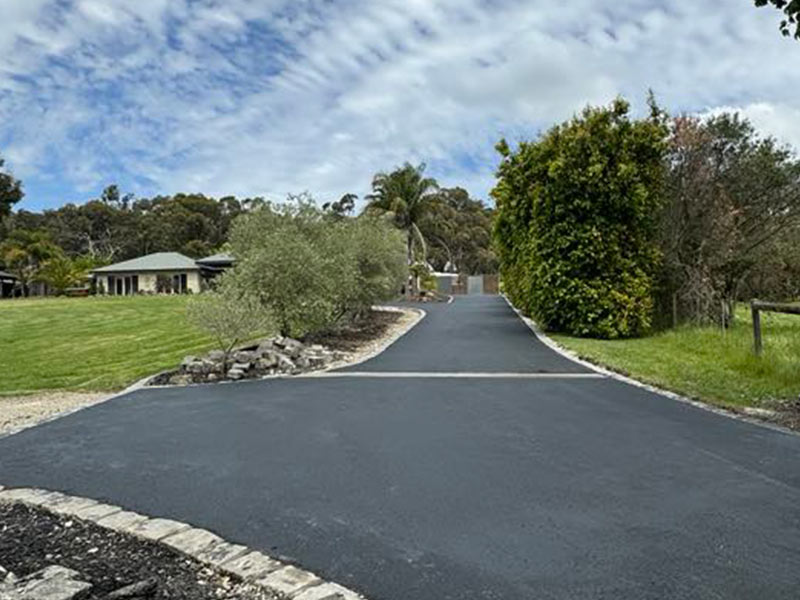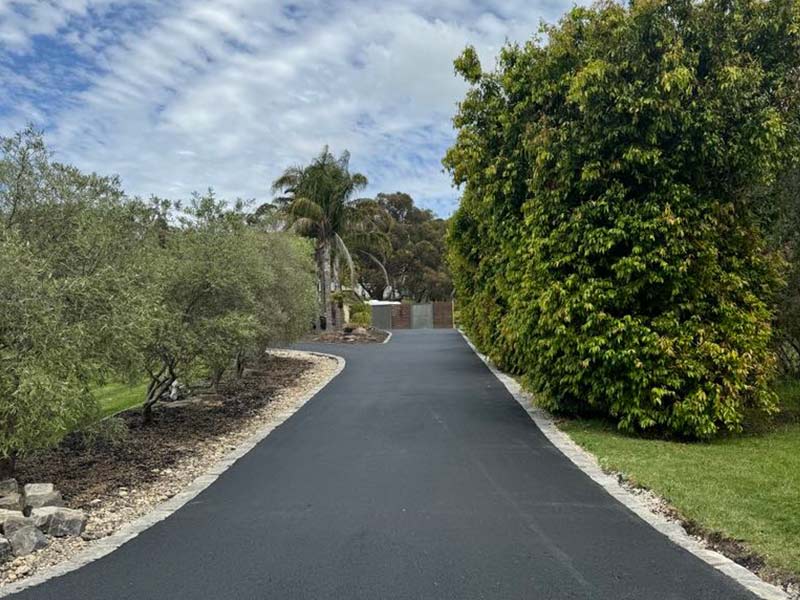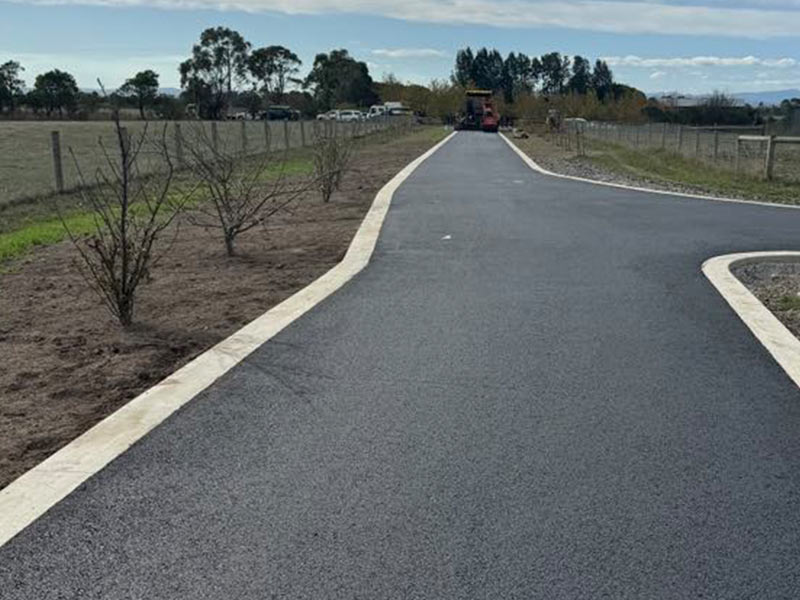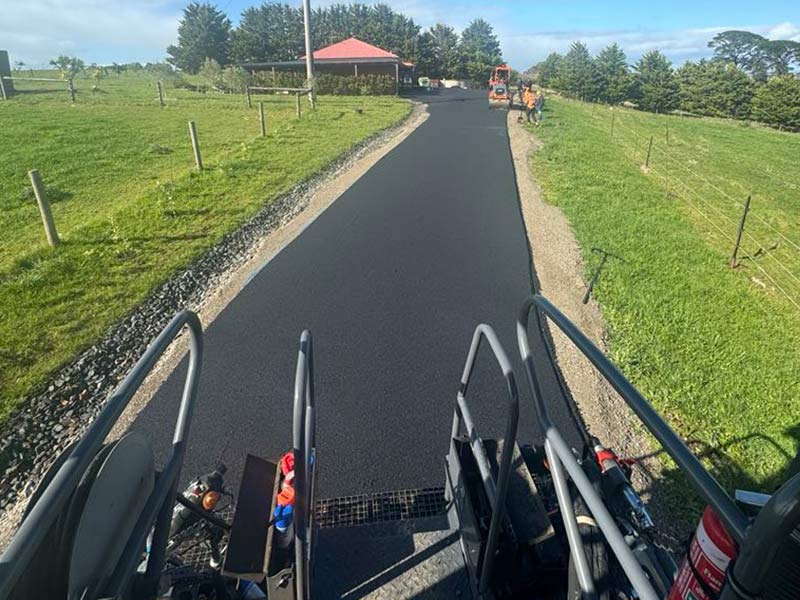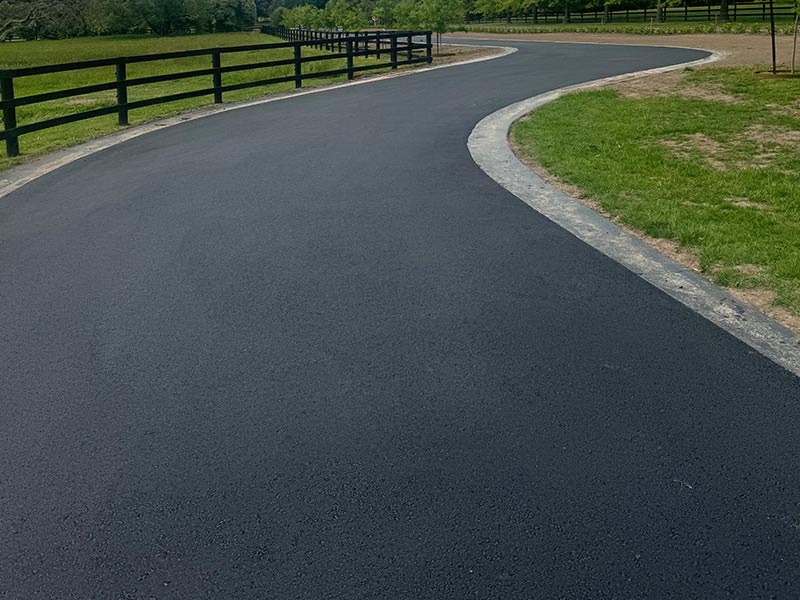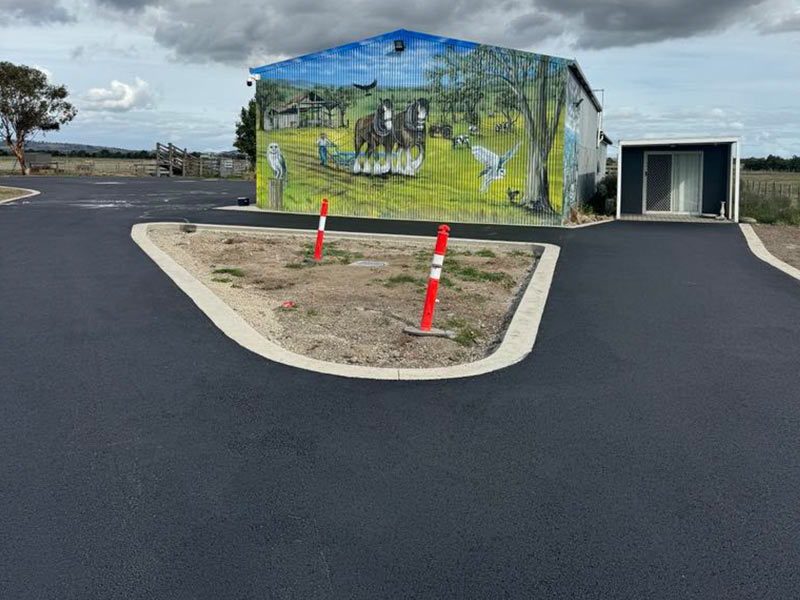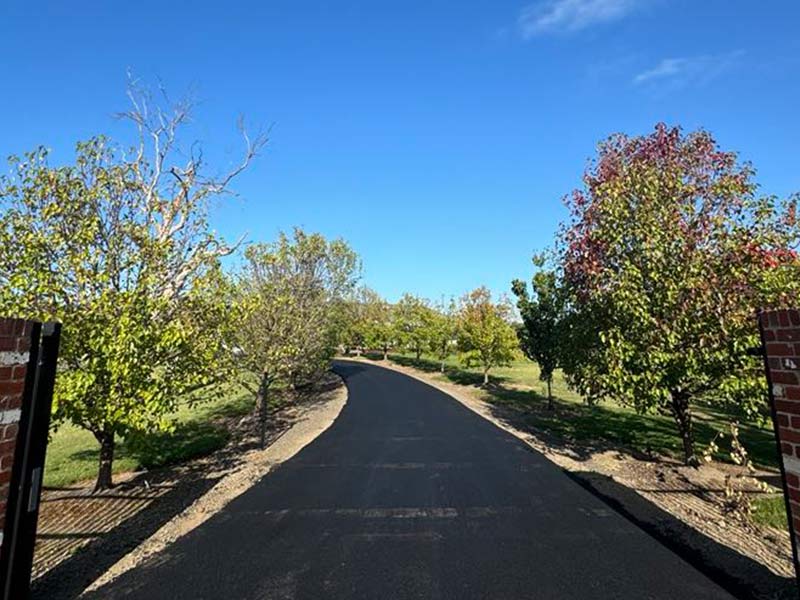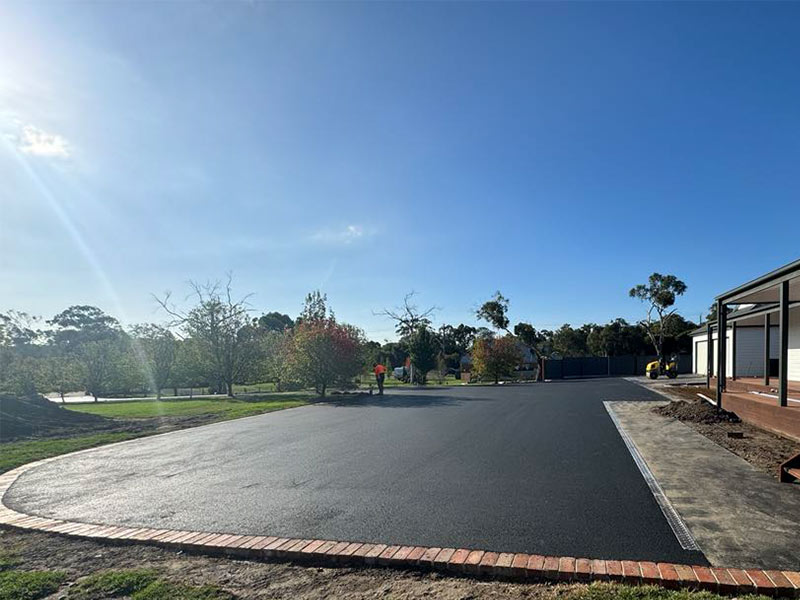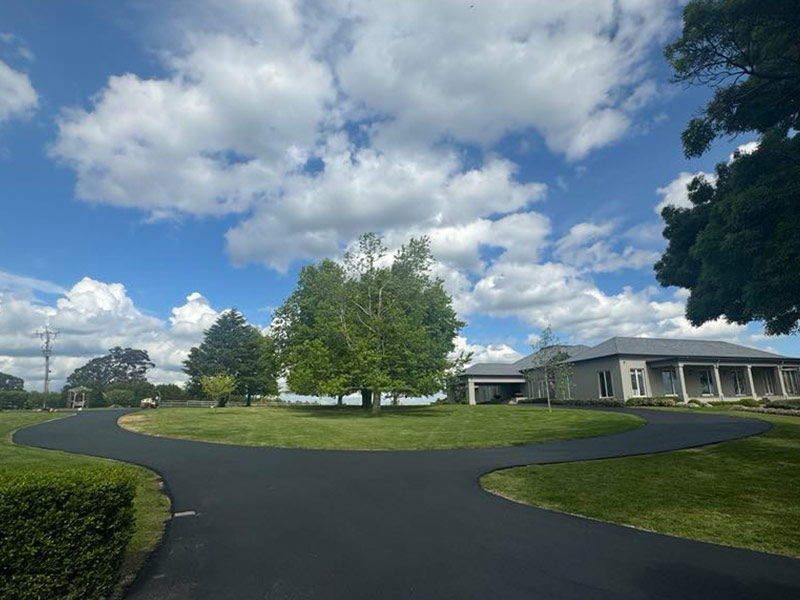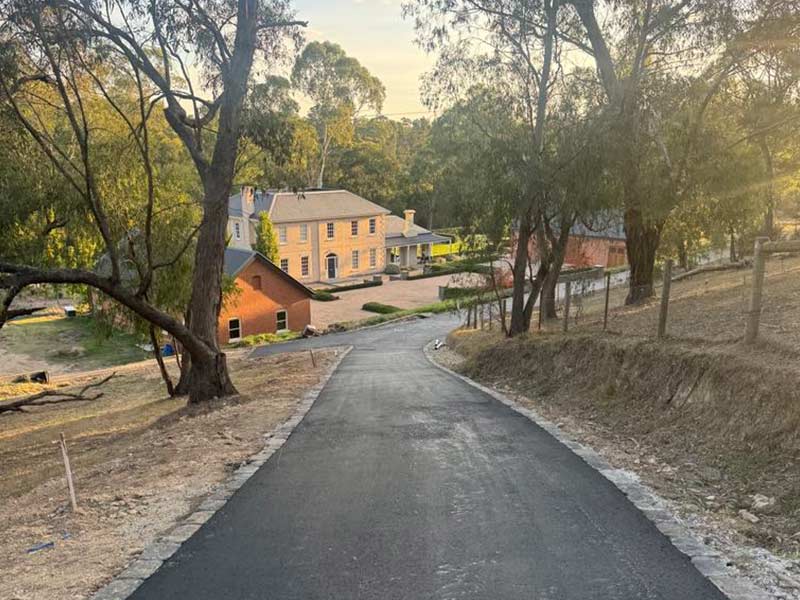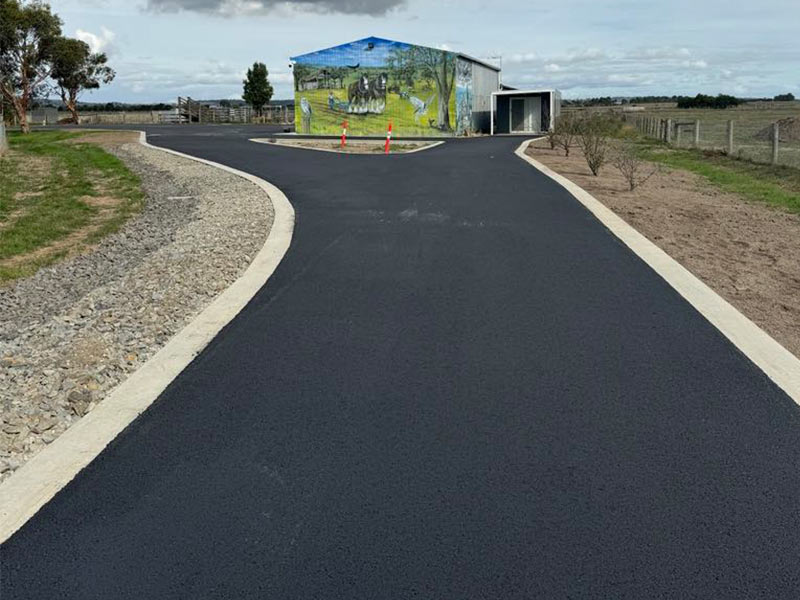CMA Asphalting - Where Quality Meets Affordability
Asphalt Driveways
Driveways
If you’re looking to upgrade your home and enhance your curb appeal with a durable and attractive residential asphalt driveway, our expert asphalt contractors can help!
At CMA Asphalting, we specialise in delivering comprehensive and professional services tailored to your needs. Our highly skilled asphalt team possesses extensive experience in providing exceptional residential asphalt driveway paving solutions across Melbourne. We offer a variety of services designed to meet your specific needs.
Asphalt Resurfacing and Asphalt Repairs
If your driveway is looking a little worse for wear, our asphalt contractors can provide the professional resurfacing and repair services it needs. We can assess and repair any damaged asphalt on your residential driveway, such as cracks, potholes, or sunken areas, ensuring an impeccable finish that will leave your driveway looking brand-new.
More than Just Driveways……..
Asphalt Services
Machine and hand laid asphalt
Asphalt driveways
Asphalt driveway edging
Asphalt footpaths
Asphalt paving
Asphalt car parks
Crossovers
Asphalt sporting courts
Asphalt repairs
Drainage
Patches
Trenches
Roadways
Raised pavements
Speed humps
Asphalt Driveway Edging
If you’re looking to give your new asphalt driveway a pristine finish, CMA Asphalting can provide the services you need! We offer exemplary driveway edging services for residential and commercial properties across Melbourne, creating stunning and long-lasting borders to effortlessly enhance the appearance of your home or business.
Our Asphalt Driveway
Superior Installation Process
Whilst every aspahlt driveway is different, the below outlines the general process that CMA-Asphalting provides for superior driveway construction.
Firstly, we excavate the existing surface to an average depth of 120mm, and the removed materials are properly disposed of.
Next, we place and spread an average of 80mm of 20mm crushed rock mixed with concrete fines. This mixture is then watered and compacted using a steel drum roller to create a solid base.
The base is allowed to cure for one week, ensuring the asphalt surface is stable and durable. If we do not allow the rock to sit and cure adequately, the asphalt may crack and shift over time.
Finally, we will lay an average layer of 40mm of compacted asphalt using the type of asphalt mix that the client has approved.
These tasks will be carried out using a range of equipment and machinery, including a bobcat, wacker plate, asphalt paver, steel drum rollers, multi-wheeled rubber tire rollers, trucks, and various hand tools.
Driveway Exclusive Extended Warranty!
![]()
At CMA Asphalting, we are confident in the quality of our workmanship. Not only will you receive a beautiful new asphalt driveway, backed by expert service at an affordable price, but you will also receive an extended warranty on your driveway.
We meticulously prepare the driveways we create. Using a thick layer of high-quality rocks, we then wet and compact the rock with a heavy steel drum roller to ensure a hardened base. This base cures for approximately a week to ensure a solid foundation for our asphalt, resulting in exceptional longevity for the finished product. Our extended warranties are supported by our extensive experience and the unwavering trust we have in our product and processes.
CMA Asphalting Melbourne
If you are after Quality Asphalting with Expert Service at an Affordable Price,
we can help you.
Ph: 0403 528 180
Why Choose CMA Asphalting?
Quality Asphalting
Expert Service
Affordable Pricing

We're Available 24 Hours a Day
7 Days a Week
Servicing Melbourne
& The Yarra Valley
Copyright: CMA Asphalting Pty Ltd. 2026

